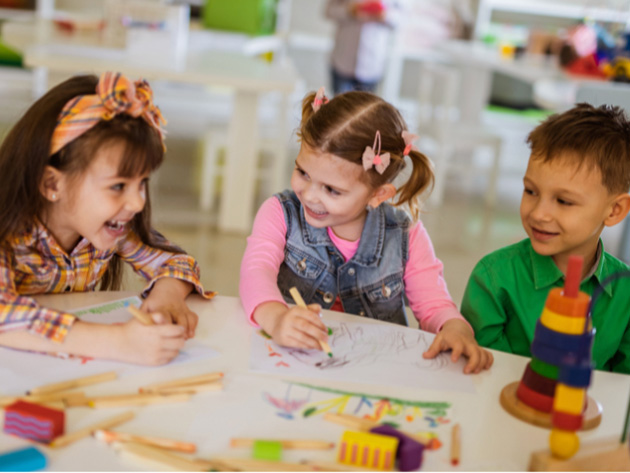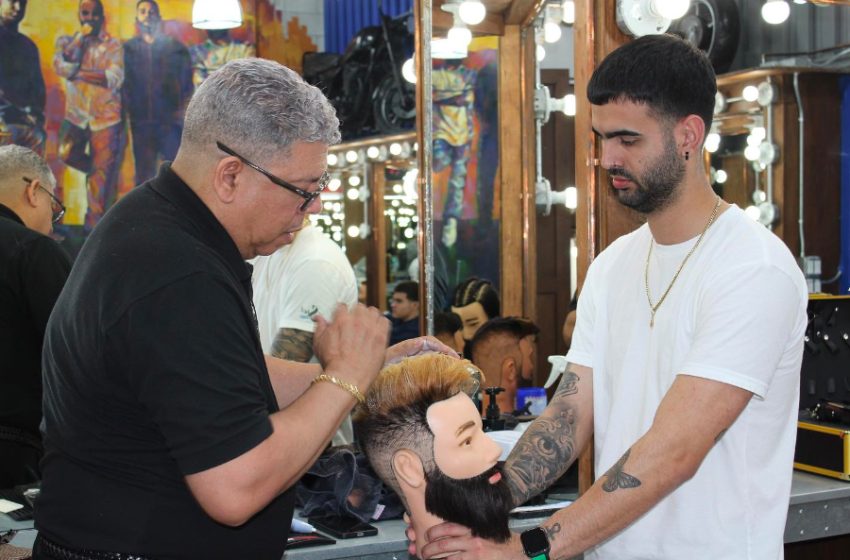Despite their vital role in early childhood education, private preschools in Singapore are frequently misunderstood because of a number of myths and misconceptions. Here, we dispel eight widespread misconceptions about private preschools and provide information and understanding of the truths behind them.
Myth 1: Private Preschools Are Exclusively for the Wealthy Elite
Contrary to popular belief, private preschools in Singapore cater to a diverse range of socioeconomic backgrounds. While some private preschools may have higher tuition fees, many offer financial assistance and subsidies to make quality education more accessible. Government schemes like the Early Childhood Development Agency (ECDA) subsidies and the Kindergarten Fee Assistance Scheme (KiFAS) support families seeking affordable preschool options.
Myth 2: Private Preschools Offer Superior Education Compared to Public Options
There is a misconception that private preschools always provide a better education than their public counterparts. In reality, both private and public preschools in Singapore adhere to stringent educational standards set by the Ministry of Education (MOE) and ECDA. Quality can vary between individual schools rather than sectors, with factors like teaching methods, curriculum alignment, and teacher qualifications influencing educational outcomes.
Myth 3: Global Preschools Offer a One-Size-Fits-All Approach
Global preschools, which follow international curricula, are often perceived as standardised and rigid. However, these schools adapt their programs to local contexts, integrating global best practices with Singapore’s educational framework. For instance, many global preschools emphasise bilingual education, incorporating local languages alongside international curriculum standards.
Myth 4: Reggio Emilia Preschools Only Cater to Artsy Children
Reggio Emilia-inspired preschools in Singapore are renowned for their child-centred approach, emphasising creativity and exploration. However, they are not exclusive to artistic children. The Reggio Emilia philosophy values every child’s unique interests and learning styles, fostering holistic development through hands-on experiences, project-based learning, and collaborative activities that promote critical thinking and problem-solving skills.
Myth 5: Private Preschools Focus Solely on Academic Achievement
While academic preparation is important, private preschools in Singapore prioritise holistic development. They emphasise social-emotional skills, physical development, and creativity alongside academic fundamentals. This balanced approach ensures children develop essential skills for lifelong learning and success, preparing them for future educational challenges and social interactions.
Myth 6: Private Preschools Lack Diversity and Inclusivity
Private preschools actively promote diversity and inclusivity, creating inclusive environments where children from various backgrounds learn and play together. Many schools embrace multiculturalism through curriculum integration, celebrating cultural festivals, and promoting respect for different traditions. They also implement inclusive practices to support children with diverse learning needs, ensuring every child receives tailored support for their development.
Myth 7: Private Preschools Have Small Class Sizes, Guaranteeing Individual Attention
While some private preschools boast small class sizes, this is not uniform across all institutions. Class sizes can vary based on school policies, demand, and regulatory requirements. However, reputable private preschools prioritise maintaining a favourable teacher-to-student ratio to provide personalised attention and support children’s learning and development effectively.
Myth 8: Private Preschools Are All the Same; Any Will Do
Choosing a private preschool requires careful consideration. Each school differs in its educational approach, facilities, and values. Parents should research and visit multiple preschools, considering factors like curriculum philosophy, teacher qualifications, safety measures, and parental involvement opportunities. Engaging with the school community and asking pertinent questions during visits ensures a better match between the preschool’s offerings and the child’s needs.
In conclusion, understanding the realities behind these myths is essential for making informed decisions about private preschool education in Singapore. By debunking misconceptions and acknowledging the diversity within the sector, parents can confidently navigate the preschool landscape, ensuring their child receives a nurturing and enriching early childhood education experience.
For more information about Odyssey and their services, or to get started with your journey, contact them now.




